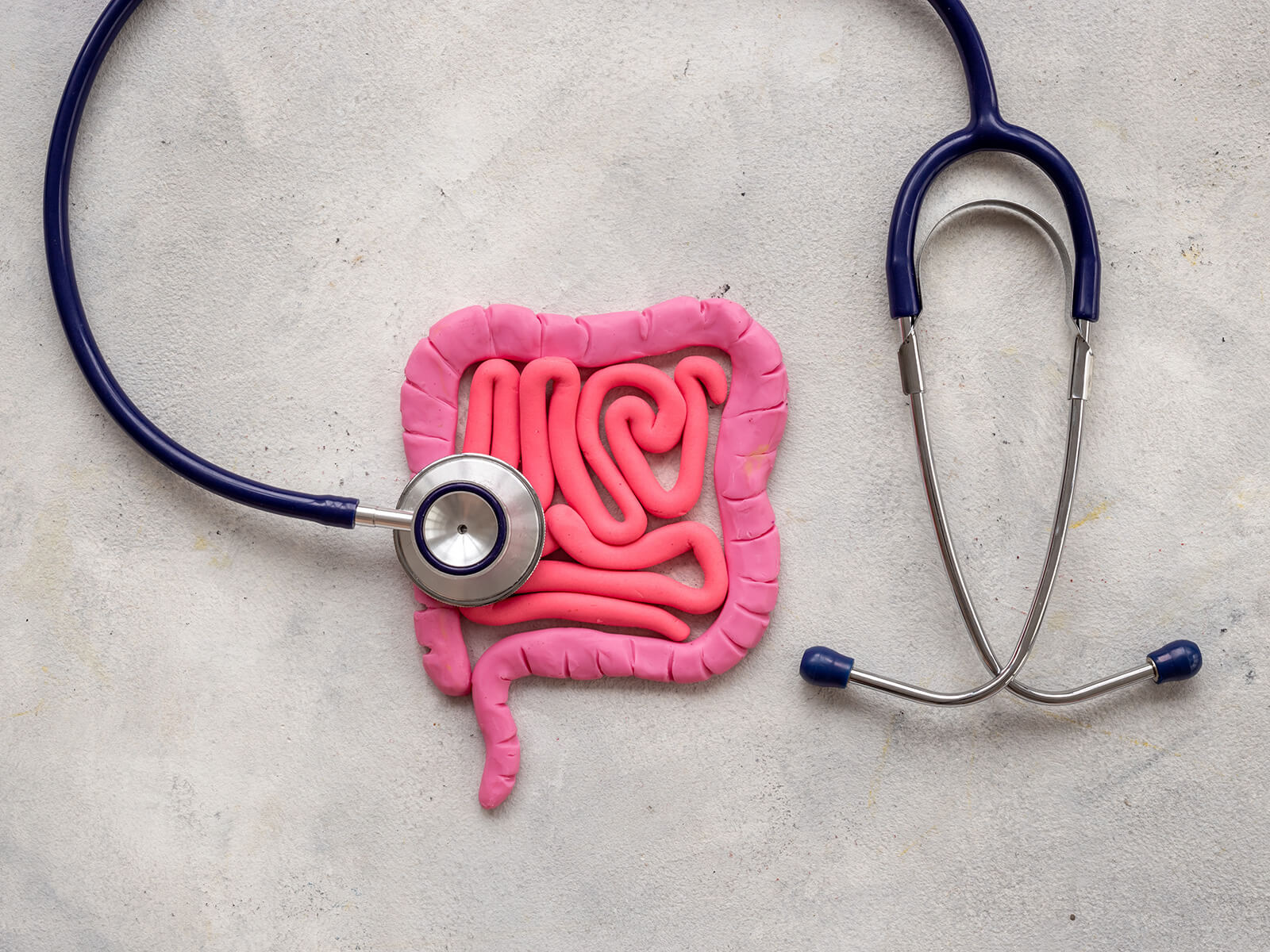
Diarrhea is a condition of the passing of liquids and watery stools more than three times a day. It is an eating disorder that is usually caused by infections, difficulties with eating certain foods, drugs or stress. A vast majority of cases clear on their own after a few days, however, and any symptoms that do not clear should be resolved by 48 hours unless severe enough, this would be the cause of seeking medical attention.
You may experience:
Diarrhea can be triggered by:
In Houston, we offer patient-centred care to our diarrhea and all digestive-related patients at GastroDoxs. We are ready to take your appointment in order to be completely evaluated, prescribed with specific treatment and relieved. Make your reservation now and make a step towards being yourself.
We've successfully treated more than 10K patients, helping individuals improve their digestive health and overall well-being through expert, personalized care.
With over 20 years of experience, GastroDoxs has been a trusted provider of gastroenterology care, focusing on delivering the best outcomes for patients
R19.7, which implies the testing, billing, and documentation of unspecified diarrhea, becomes the most popular code.
It can be. The alterations of hormones during pregnancy may tend to increase the rate of digestion which in some women results in the movement of some loose or frequent faeces.
Yes. COVID-19 can lead to gastro(intestinal) symptoms such as diarrhea; however, it is accompanied by fever, cough, or loss of sense of taste and smell-consider testing.
Often they do. Antibiotics may impair the production of your natural gut flora which causes loose stools or antibiotic-affiliated four-liquid.
Definitely. The effect of stress is that it accelerates gut motility and the secretion of fluids in the intestines leading to increased and watery bowel movements.
Yes. The gut-brain axis generates worrying causes and augments orgasmic motions in the gastro-intestinal tracts and occasionally results into cramping, urges, or diarrhea.
Sometimes. The initial response that the gut will give to the introduction of probiotics is that it might require a period to adapt to the new bacteria, which leads to loosening stool during this time.
In case the burps are reeking with sulfur, and the diarrhea occurs, it can be a result of a bacterial infection, food poisoning, or intolerance to some foods.
Revitalize fluids (water, broth, electrolyte drinks), dine banal foods (BRAT diet: bananas, rice, applesauce, toast), rest and point to generic over-the-counter medicines such as loperamide as advised.
Contact one in case diarrhea continues after 48 hours, you experience the symptoms of having dehydrated (dizziness, dark urine), or when the stool contains blood or the pain experienced in the abdomen is severe.